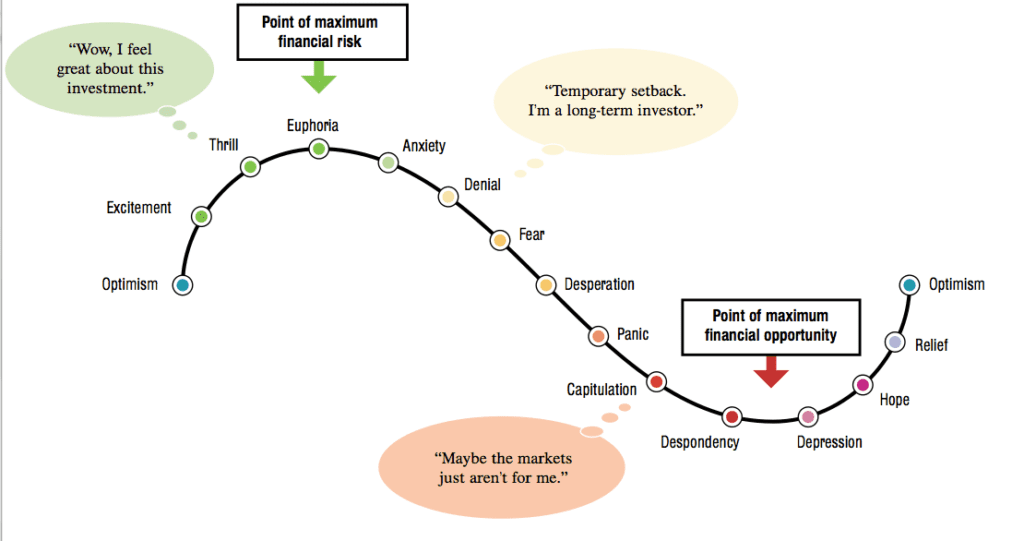A few years ago there was a popular commercial about retirement.
The ad featured people walking around town with their “number” over their heads. The number reflected how much they needed to save in order to retire. The commercial was very compelling because it really made people think, “how much do I need to have in order to retire?” It also broke down the very complex process of retirement planning into just one number that was very easy to measure. We can all look at our account statements and quickly see the value and then easily benchmark it to our personal number.
This benchmarking is still very common and we’ll frequently hear clients cite a number they would like to achieve before they are ready to retire.
What’s your magic number? $1 million, $2 million? “Maybe if I had a pension,” you might think. After all, a million dollars is not as much money as it used to be.
The sad truth is that any analysis that focuses on achieving a particular “number” before you can retire is flawed. This is because asset values will always be misleading since they are so skewed based on what is happening in the markets right now. For example:
- Would you have felt comfortable retiring with $2 million in the bank at the end of 2008?
- What about 10 years earlier in 1998?
The average investor would have likely felt a lot more confident in 1998 even though US stock market valuations were at all-time highs and the tech bubble was on the verge of collapse. Alternately, the end of 2008 probably felt like a horrible time to retire even though it reflected the end of the worst bear market in US history since the Great Depression. Asset values were so depressed that it was an incredible buying opportunity and US stocks have more than tripled in value during that time, surpassing all-time highs over the 7.5 years that have followed.

Things You Can Control
The point is that basing retirement goals on simple numbers like asset values or rate of return misses the bigger picture. What is most relevant to your retirement feasibility is your standard of living and whether your savings are sufficient to support that over time, regardless of what is happening in the markets.
Far more important measures of your retirement readiness are things like:
- Income Streams (Present and Future)
- Meeting your Savings Targets
- Monitoring your Spending
- Living within your Means
- Taking Advantage of Tax Savings Opportunities
- Utilizing an Appropriate Investment Strategy
- Having a Plan for when you will draw Social Security
When preparing financial plans for clients we have to take all of these things into account and make assumptions about the rate of return investments will earn over time.
Since we know that rates of return are not going to be even we use a Monte Carlo Analysis to give us a range of potential outcomes based on various potential market swings. This in turn measures the success of your long term retirement plan and gives a sense of the probability that you may need to change your lifestyle at some point due to market conditions.

When we look at asset values in this context, your feasible retirement “number” can vary by hundreds of thousands of dollars. This is why we caution against basing major life decisions on the number on your account statements at a certain point in time.
If you have questions about your financial future or if your savings are sufficient, please contact us today.

